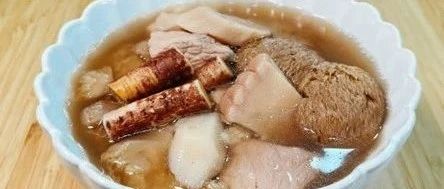Common Qi-Boosting Herbs
(Part 2)

Continuing from the previous discussion on commonly used Qi-boosting herbs, today we will introduce more frequently encountered herbs!
Bei Qi (Astragalus Root)
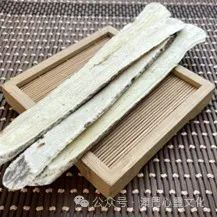
Astragalus, primarily produced in Inner Mongolia, Shanxi, Gansu, Heilongjiang, and other northern regions, is referred to as Bei Qi by people in Guangdong. Astragalus has numerous benefits, especially in Qi replenishment, and is historically known as the “King of Qi-boosting Herbs.” It has effects such as tonifying Qi and raising Yang, stabilizing the exterior and stopping sweating, promoting urination and reducing swelling, generating fluids and nourishing blood, relieving stagnation and alleviating numbness, expelling toxins and purging pus, and promoting wound healing and tissue regeneration.
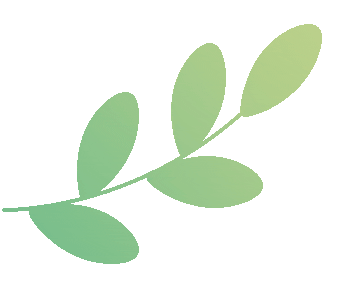 Nan Qi (Five-Finger Peach)
Nan Qi (Five-Finger Peach)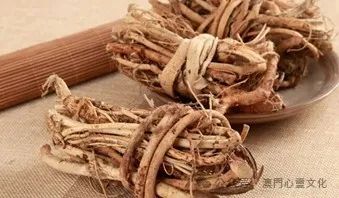
Nan Qi, also known as Five-Finger Peach, is a commonly used herb in the Lingnan region. It has a sweet taste and neutral nature, with effects such as tonifying the spleen and lung, promoting Qi circulation and dampness elimination, relaxing tendons and activating collaterals, stopping cough and relieving asthma, and nourishing Yin and enhancing complexion. Clinically, it is mainly used to treat conditions such as spleen deficiency with edema, poor appetite and weakness, tuberculosis cough, night sweats, insufficient lactation postpartum, post-illness weakness, rheumatic paralysis, and injuries from falls.

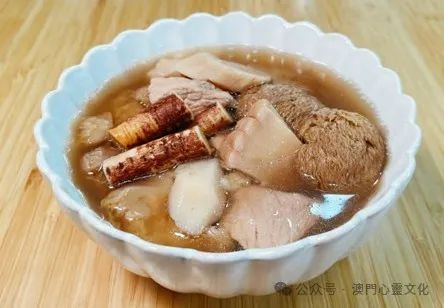
Five-Finger Peach has Qi-boosting and deficiency-replenishing effects similar to Bei Qi but is not drying. Its properties are mild, tonifying without being harsh, making it particularly suitable for patients who cannot tolerate strong tonics. It also helps to expel phlegm and relieve asthma, transform dampness and promote Qi circulation, and relax tendons and activate collaterals, making it very appropriate for the humid climate of Lingnan, and suitable for long-term use.
Hence, it is called “Nan Qi.” When cooked in soup, Five-Finger Peach imparts a unique coconut aroma and is often used in medicinal cuisine in the southern regions.

Qi-boosting herbs are effective means to regulate Qi deficiency and enhance physical constitution. However, it is important to note that Qi-boosting herbs are not a panacea. Maintaining good lifestyle habits, such as regular sleep patterns, balanced diet, and moderate exercise, is key to sustaining health and vitality.

Note:This article is for reference only; please consult a professional TCM practitioner for specific usage.

Tam Ka Wai
TCM Practitioner
Master of Medicine
Macau Ren Cheng Medical Center, TCM Practitioner
Instructor at Macau Yuanbo Psychological Education Center
Member of the International Infant Observation Society
Director of the Macau TCM Association
Director of the Macau Psychoanalysis Society
Medical Consultant for the Macau Association for Parents of Individuals with Developmental Disabilities
Supervisor of the Macau Alumni Exchange Association of Guangzhou University of Chinese Medicine
END
Click “Follow” to learn more content

Macau Spiritual Culture
WeChat ID: beingpsymo
Original sharing and reprinting of this article are welcome
<Copyright Statement> All articles in this public account are original; please respect intellectual property rights. Unauthorized publication is prohibited. If needed, please contact us at 28722832.

